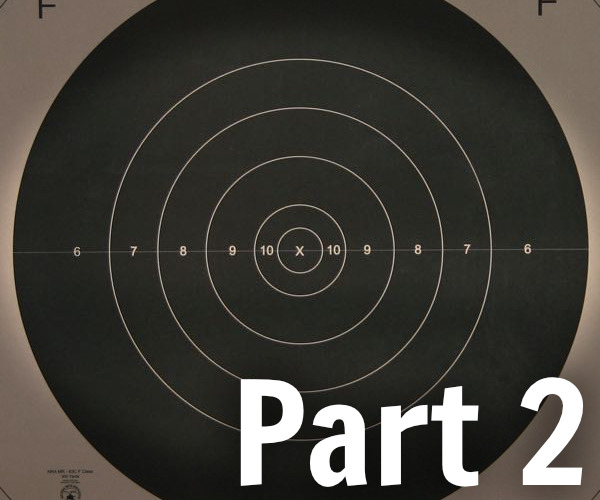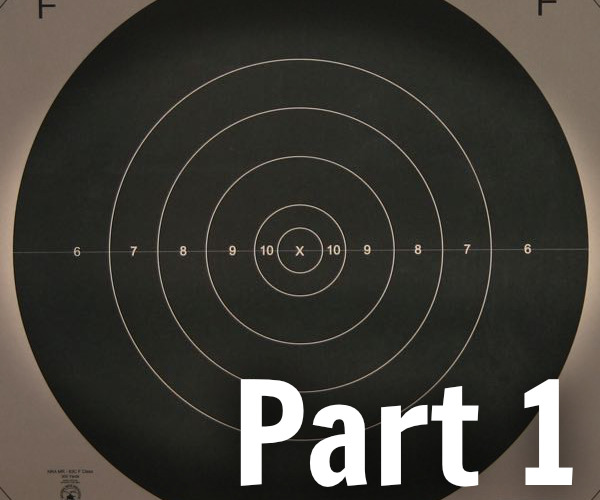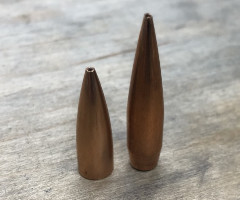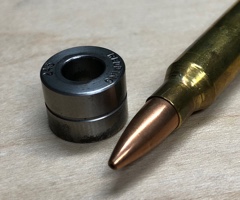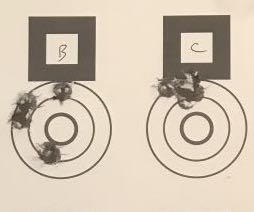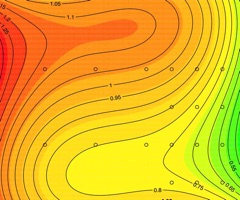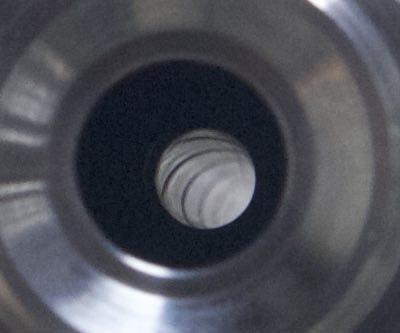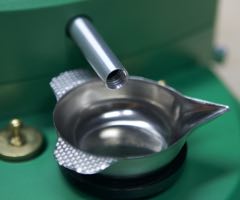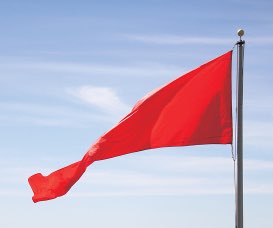Bullet Recoil Calculator
To use this tool, enter the powder charge, bullet weight, and rifle weight in the units specified.
About the Recoil Calculator
How does it work?
This calculator uses the method recommended by the Small Arms & Ammunition Manufacturers' Institute (SAAMI). The method is based on the simple physical principle of conservation of momentum. That is,
$$M_{rifle}V_{rifle} = {M_{proj}V_{proj} + M_{gas}}V_{gas} $$
Where the variables are as follows:
| \(M_{rifle}\) | the rifle's mass |
| \(V_{rifle}\) | the rearward velocity of the rifle upon firing |
| \(M_{proj}\) | the bullet's mass |
| \(V_{proj}\) | the bullet's velocity |
| \(M_{gas}\) | the propellant charge's mass |
| \(V_{gas}\) | the propellant charge's velocity |
The mass of the propellant gas is the same as the powder charge's mass (mass is always conserved), but the velocity of the propellant gas is a trickier thing to nail down. Experiments have shown that the propellant gas's effective velocity is actually higher than that of the projectile by a factor of as much as 1.5, depending on the firearm used. To account for this, w use a factor, /(f/), and apply it to the projectile's velocity to get the propellant gas velocity.
Once the velocity of the rifle is calculated, we can calculate the rifle's recoil energy, \(E_{recoil}\) , which is just the kinetic energy of the rifle:
$$E_{recoil} = {\frac 12}M_{rifle}V_{rifle}^2$$
This seems pretty rough. Is it accurate?
Yes and no. The recoil calculation is fairly accurate. Certainly enough to use as a rough gage of how heavily your rifle will kick. However, it does not take into account how quickly that energy is dumped into your shoulder, which adds a little complexity. There is also the matter that people don't all perceive recoil the same way, so energy may or may not reflect how comfortable a rifle is to shoot by any given person. The shooter's hold and position also have a huge impact on the perception of recoil. No calculator can account for that.
So I have my recoil energy, now what?
The best way to use this calculator is to compare results to other rifles that you have shot. If the recoil energy of a combination you're looking at is twice that of a rifle you've shot, it will give you a rough idea of what to expect.
To help guide you, we've prepared a chart that will show approximately how much recoil energy you can expect from a particular velocity and bullet weight. Your numbers may not fall on the lines exactly, but the trends are useful nonetheless. In the chart below, the rifle weight is assumed to be 10 pounds, and the charge weights are reasonable assumptions given the velocity and bullet weight. In other words, powder charges were chosen to reflect typical cartridges that would shoot a given weight at a given velocity.
The Bison Ballistics Email List
Sign up for occasional email updates.
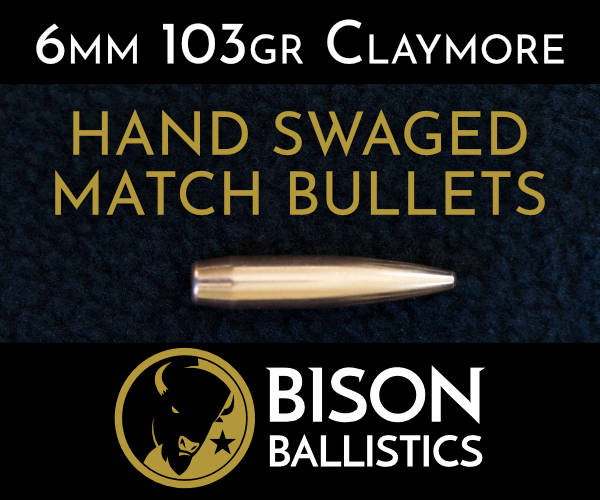

Want to Support the Site?
If you enjoy the articles, downloads, and calculators on the Bison Ballistics website, you can help support it by using the links below when you shop for shooting gear. If you click one of these links before you buy, we get a small commission while you pay nothing extra. It's a simple way to show your support at no cost to you.
